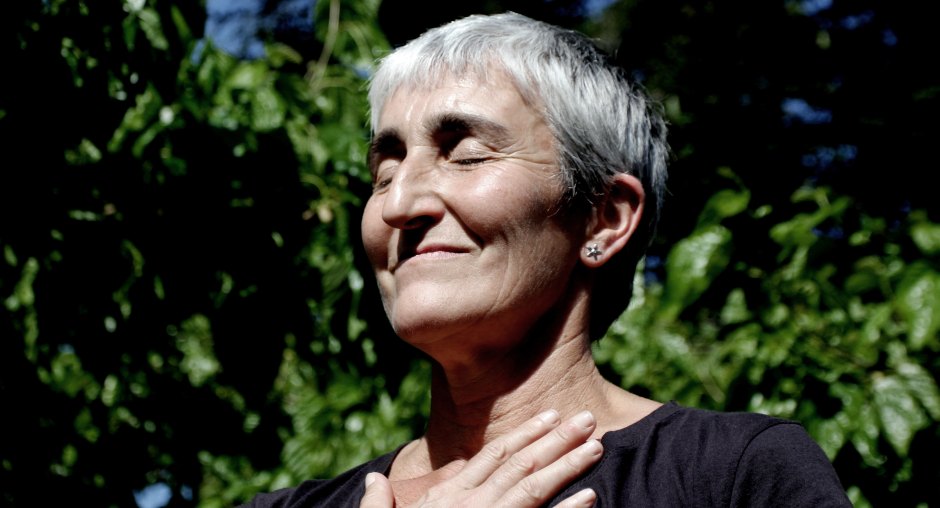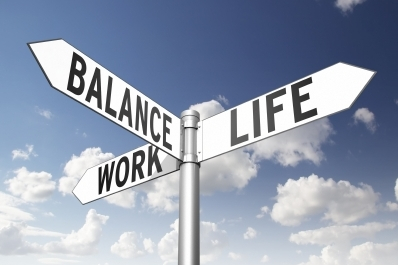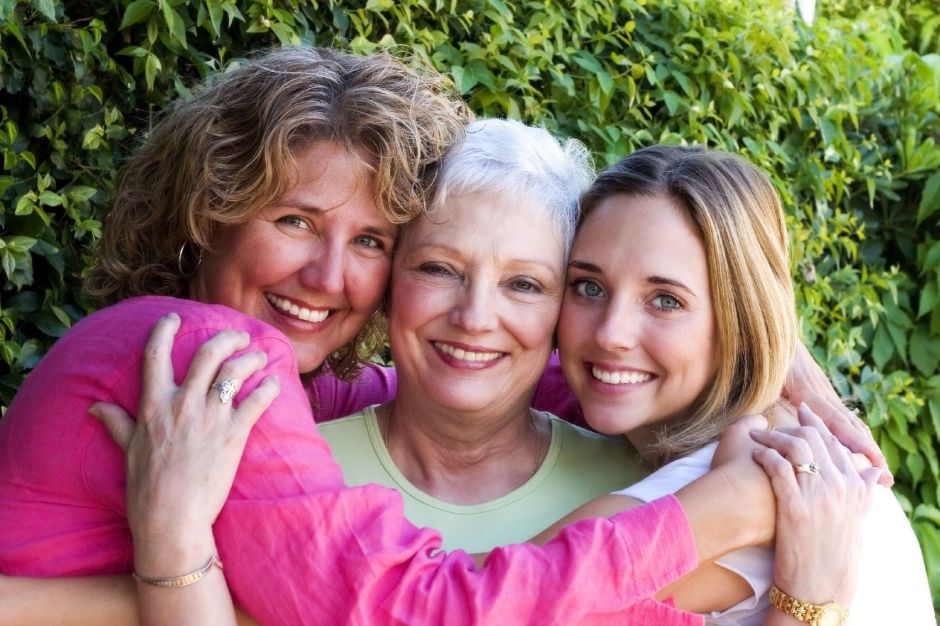AGE has co-signed an open letter to the Council of Ministers for Employment, Social Affairs, Health and Consumers (the EPSCO Council), to support the adoption of the directive on work-life balance for parents and carers. The directive will introduce major improvements for carers, such as a right to request carers’ leave of five days per year and workers and the right to request flexible working arrangements. Also, the directives encourages men to take up more family leaves throught the introduction of 10 days of paid paternity leave and the remuneration of two months of parental leave per parent, which will not be transferrable between parents. Two additional months per parent do not have minimum standards for remuneration.
Continue reading “Work-life balance: AGE supports the adoption in Open Letter”Tag: work-life balance
AGE joins widespread call to ministers on EU work-life balance directive
AGE co-signed the open letter
sent by several European umbrella organisations to the EU employment
and social affairs ministers prior to their meeting for the EPSCO
Council on 21 June. In the letter, AGE and other networks representing
families, women, persons with disabilities, carers, children and others urge
ministers to adopt a general approach towards the proposal for a
directive on work-life balance for parents and carers this week.
Work-life balance, women in poverty and gender pension gap: gender equality on the agenda of European Parliament and Council
While the Parliament has put emphasis on the fight against poverty of women in a recent report, the Council of ministers of social affairs has also supported action to fight poverty of women in conclusions negotiated under the Slovakian presidency. The Council calls for the implementation of the Commission’s roadmap on work-life balance, the proposed European pillar of social rights, and to include two new indicators on the at-risk-of poverty rate of migrant women and of inactive women, including by age groups. The Parliament went further and supports the call for recognising care periods through care leave arrangements, employee-driven flexible working time, care credits in pension schemes and supporting services. AGE welcomes many of the points taken up by the Parliament and the Council, but considers that some points are missing. Continue reading “Work-life balance, women in poverty and gender pension gap: gender equality on the agenda of European Parliament and Council”



